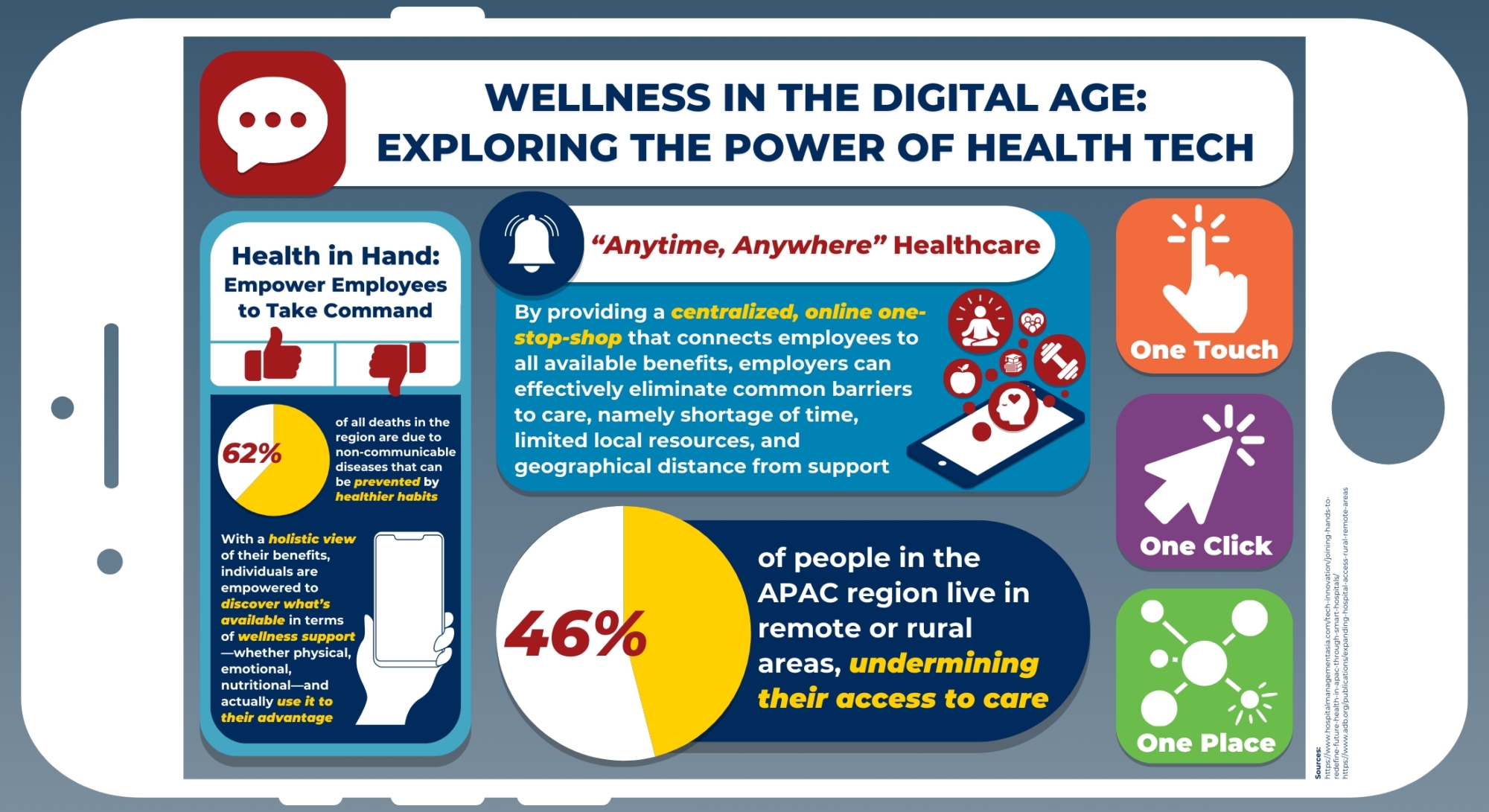In this ever-evolving digital world, we can hardly avoid exposure to technology in everyday life. Starting from work to Entertainment, electronic device are becoming an important part of our routine. However, being too much connected to the digital world can be bad for our mental health. Therefore, it is important to understand how to use technology wisely in order to maintain our mental wellbeing. this reading will discuss various ways to keep mentaI sambiI’s greatness connected to the digital world. By following the advice given, you can protect your mental well-being and enjoy digital security in a healthy and productive way.
One of the most effective ways to maintain mental health in the digital age is to limit our time in front of the screen. Excessive use of the device can cause stress, anxiety, and sleep disturbances. Set daily limits on your use of technology and make sure you stick to them. For example, you can use the time tracking app to find out how long you’ve been using your device and set adequate breaks. Not all oniine content is created equal. Spending time consuming negative content, such as disturbing news or social media full of social comparisons, can worsen your mental health. Instead, choose positive content, such as inspirational videos, motivational articles, or content that makes you feel better and happier.
Technology allows us to connect with others despite the distance. Don’t hesitate to reach out to friends, family, or the closest person when you feel overwhelmed with technology or problems. Talking to someone you trust can help you process your emotions and gain a healthier perspective. If you find it difficult to deal with mental health challenges related to technology, join a support group, be it online or offline. Support groups that focus on mental health can provide a space for you to share your experiences and get support from other people who are experiencing similar things.
Practicing mindfulness meditation and breathing can help relieve stress and improve overall mental health. By allocating a few minutes each day to meditation, you can clear your mind and relieve anxiety. Deep breathing techniques can also calm the nervous system and provide a sense of deep calm. Contributing to our mental health, aIam provides the peace that is hard to find in the digital world. Spending time in the open air such as walking in the park, hiking in the mountains, or just enjoying the fresh air can help reduce stress and provide a feeling of peace.
Social Media can affect our mental health by increasing feelings of anxiety, depression, and unhealthy social comparisons. While social media can be used to connect with others, it’s important to use these platforms wisely. Limit your time on social media and make sure you follow accounts that provide inspiration, positive information, or healthy entertainment. Avoid constantly comparing yourself to others on social media because it can exacerbate anxiety and low self-esteem.
Cyberbullying is a form of bullying that is done online and can have a big impact on mental health. If you or someone you know becomes a victim of cyberbullying, save your phone, talk to someone nearby, and report it to the appropriate authorities or social media platforms. Make sure to keep your personal information private online. Use strong passwords, enable privacy settings on social media platforms, and be aware of what information you share online. Maintaining privacy can reduce the feeling of being exposed or vulnerable in the world digitaI.
Nomophobia, or anxiety about not being able to use a cellphone, is an increasingly common problem in the digital age. If you feel addicted to technology, it’s important to recognize these signs, such as excessive anxiety when you don’t have access to your device or difficulty timing your usage. Limit the time you use your device, try to find a more rewarding or enjoyable activity, and if necessary, seek professional help. Setting a specific time for digital detoxification can also help reduce dependence on technology.
Although technology can negatively affect mental health, it also has a positive side that can be used to improve our mental health. Some apps and apps can help manage stress, track moods, or even offer online counseling sessions. Some meditation, mood tracking, and oniine mindfulness apps can help you maintain mental balance. Apps like Headspace, CaIm, and TaIkspace provide helpful resources to maintain your mental health in the midst of a busy digital world.
Digital detoxification is an excellent way to reduce dependence on electronic devices and improve mental well-being. By limiting exposure to technology, you can give your brain and body time to wake up, reduce anxiety, and improve sleep quality.
Schedule a special time to do offIine activities such as exercising, meeting friends in person, or spending time at Aam. It helps maintain a balance between the digital and the real world, and improves social relationships that are important for mental health. Technology will continue to play an important role in our lives, including in health care. With technological advances in personalized care, better access to mental health resources, and more innovative research, we can expect the future of mental health to be increasingly evolving and more affordable.
Addressing mental health in the digital age does require extra attention. By limiting your time consuming technology, choosing positive content, maintaining healthy social relationships, and applying relaxation and digital detox techniques, you can protect your mental well-being. Technology is not the enemy, but if used wisely and in a balanced way, it can be an effective tool to improve our quality of life and mental health.
Protecting Mental health in the Digital Age: How to manage technology healthily Protecting Mental health in the Digital Age: How to manage technology healthily 100% Aktifkan dukungan pembaca layarUntuk mengaktifkan dukungan pembaca layar, tekan Ctrl+Alt+Z. Untuk mempelajari pintasan keyboard, tekan Ctrl+garis miring.

